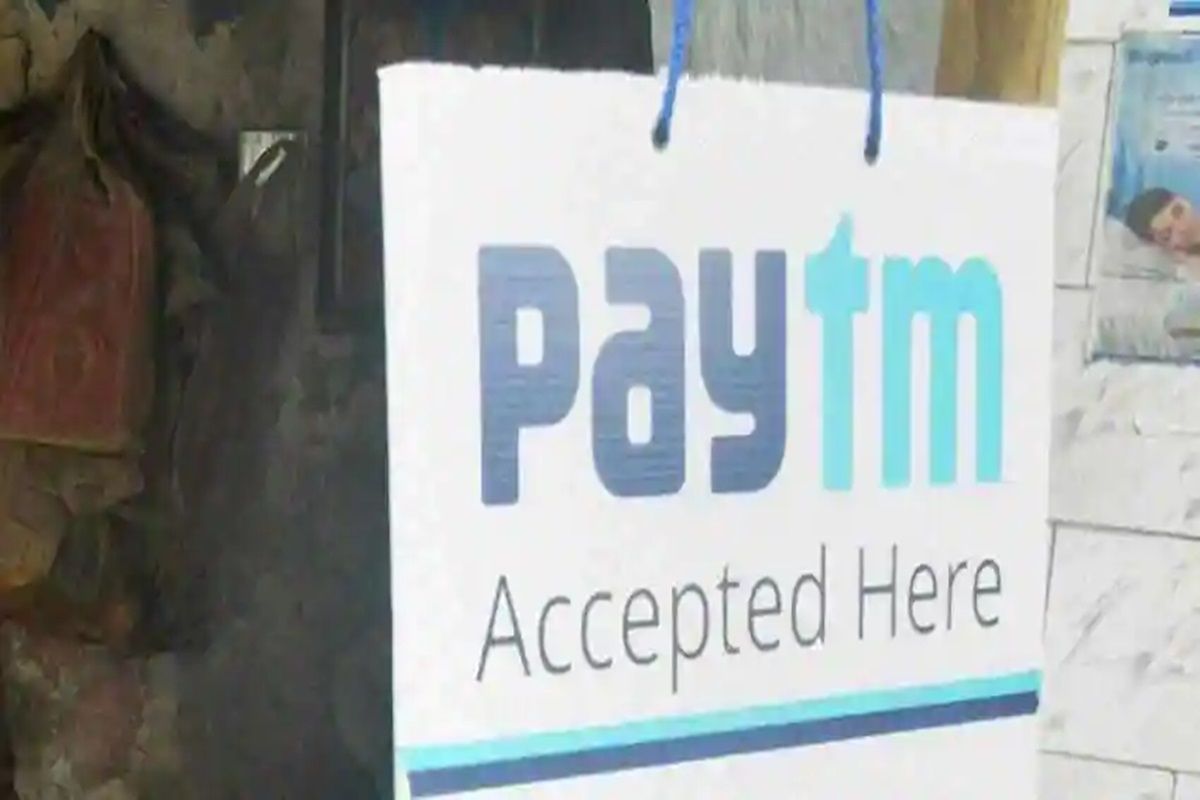

Turning to SPAC activity, as reported by Renaissance Capital, Pomona Acquisition, a blank-check company based in Hong Kong that targets FinTech in Asia, will look to raise $50 million in an initial public offering. Kakao Pay, which is focused on payments, money transfers, e-documents and authentications, now has more than 36 million registered users that transacted some 67 trillion won in 2020. That's not too bad.”Īnd elsewhere in Asia, South Korean payments startup Kakao Pay - which operates as a division of Kakao Corp - may reportedly raise as much as $1.4 billion USD equivalent in an initial public offering in that country. In an interview last year with Karen Webster, Paytm President Madhur Deora said that “compared to where we were around the time of demonetization, in terms of scale, we are probably 15 times bigger than we were then. Upon actually going public, the company may raise $3 billion in that offering, which would value the firm at $29 billion. In recent months, it acquired Title365, which offers property title and insurance settlement options.Īnd in what might be taken as a sign of enthusiasm for foreign firms listing here in the United States, One97 Communications Ltd, the parent firm of Paytm, the Indian digital payments firm, is aiming to list shares in that firm later in the year.Īs reported, Paytm, ahead of an IPO, may raise nearly $270 million in a funding round. The company has targeted its efforts on streamlining and automating parts of the home-buying process, such as mortgage lending. In one example, digital lending platform Blend Labs said that it had begun its roadshow for an IPO that might net as much as $360 million in proceeds.

To that end, the IPO/SPAC Tracker finds that announcements of banking-related listings stood at 37 year-to-date. And, as PYMNTS reported this week, companies such as Keep and LinkDoc have opted not to list. You’d be forgiven for thinking that the news surrounding initial public offerings (IPOs) and SPAC deal-making was dormant - overshadowed, perhaps, by the investigations into Didi and other companies that are based in China but listing their shares overseas. It wasn’t all about China’s crackdown on companies listing overseas.


 0 kommentar(er)
0 kommentar(er)
